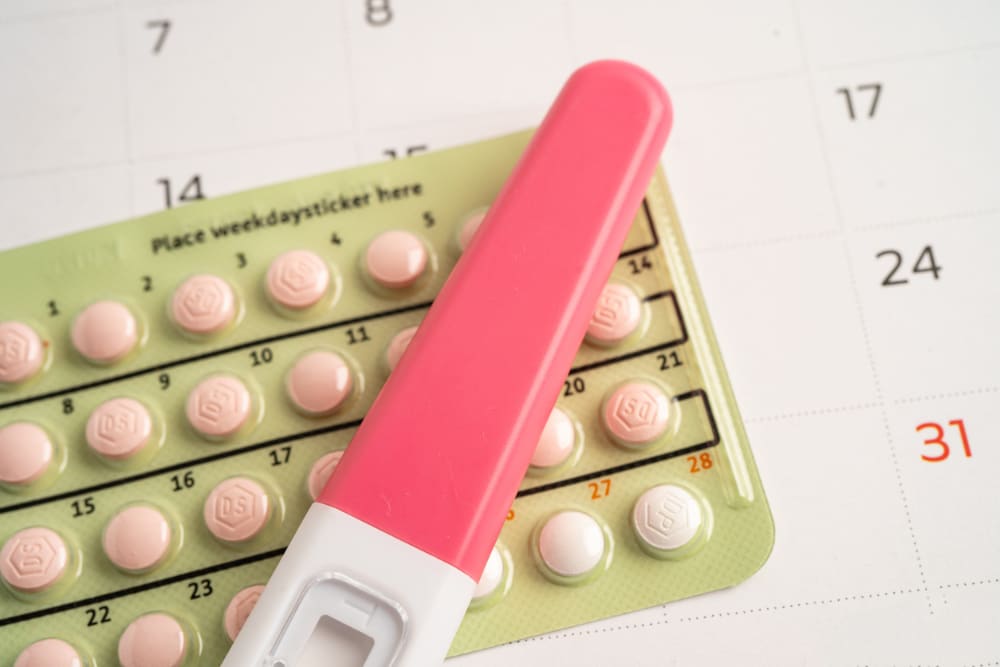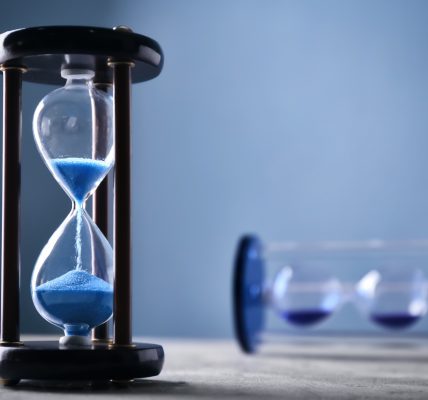Hormonal Contraceptives and Addiction

An interesting debate is shaping up over the interaction between hormonal contraceptives and substance use disorders (SUDs), such as alcohol use disorder (AUD) and opioid use disorder (OUD).
On one side are those advocating for greater use of contraceptives among people with SUDs to reduce unwanted pregnancies. On the other side are those who are concerned that hormonal contraceptives weaken reward response and thus may lead to SUDs.
Addiction and Unwanted Pregnancies
Let’s start with the group that would like to see increased distribution of contraceptive information and products to persons suffering from SUDs. The journal, Preventive Medicine, published a systematic review of the scientific literature on contraceptive practices among women with OUD.
The researchers from the University of Vermont in Brattleboro and the University of Maryland in Baltimore found 24 studies that fit the criteria. They found that:
[W]omen with opioid and other substance use disorders used contraception less often than non-drug-using comparison populations (56% vs. 81%, respectively).
This 81% use rate is corroborated by two other studies cited below. These researchers say the data shows an “unmet need” for contraception among people with SUDs, in particular to reduce the high rates of unintended pregnancy in this population.
Another systematic review of the use of hormonal contraception by women who suffer from OUD found a result I have never seen in a systematic review before: “The full text of 66 articles was reviewed, and none met inclusion criteria.”
Shazam! Not one article had anything meaningful to say about the connection between contraception and opioid addiction. This did not stop the researchers from arriving at a novel interpretation of the lack of data:
[G]enerally women with medical conditions can safely use most contraceptive methods… Therefore, future research efforts could focus on improving access to the full range of contraceptive methods for women who use opioids.
In other words, the lack of negative data about the interaction between hormonal contraceptives and OUD, combined with the underuse of contraception by people suffering from OUD, means efforts should increase in distributing information and increasing access to contraception for this population.
Hormonal Contraceptives and Reward Response
Not so fast, say Laurel R. Seemiller and Nicole A. Crowley, neuroscientists at Penn State University, in an article just published in Nature Neuropsychopharmacology. They corroborate that 82% of sexually active, reproductive-age women report using hormonal contraceptives (“the pill”). Further, one in five teenage girls report using the pill.
Here’s the catch:
Over time, exposure to these hormones can change functional connections in the brain related to reward seeking.
It is possible, the researchers say, that prolonged use of the pill reduces reward response, making people more susceptible to making poor choices, such as substance abuse. They cite studies showing that an increasing percentage of women are experiencing SUDs and, in particular, women now exceed men in binge drinking.
These researchers are further alarmed that the impact of hormonal contraceptives on reward response in the adolescent brain may be magnified because this region of the brain — the prefrontal cortex — is still undergoing rapid development. The authors further cite that adolescents are more susceptible to the depressive side effects of using hormonal contraceptives.
When you consider all the research, one thing is certain: There are not enough addiction studies involving the unique biological characteristics of women and girls. The fact that we do not know how opioids and hormonal contraceptives interact is indicative of the problem. And the fact that we do not know whether or not prescribing the pill increases substance abuse is a failure of scientific research.
Written by Steve O’Keefe. First published July 17, 2025.
Sources:
“A biological blind spot in addiction research: hormonal contraceptives and adolescent reward seeking,” Nature Neuropsychopharmacology, July 9, 2025.
“Contraceptive use and method choice among women with opioid and other substance use disorders: A systematic review,” Preventive Medicine, November 2015.
“Safety and effectiveness of hormonal contraception for women who use opioids: A systematic review,” Contraception, December 2019.
Image Copyright: chormail.




